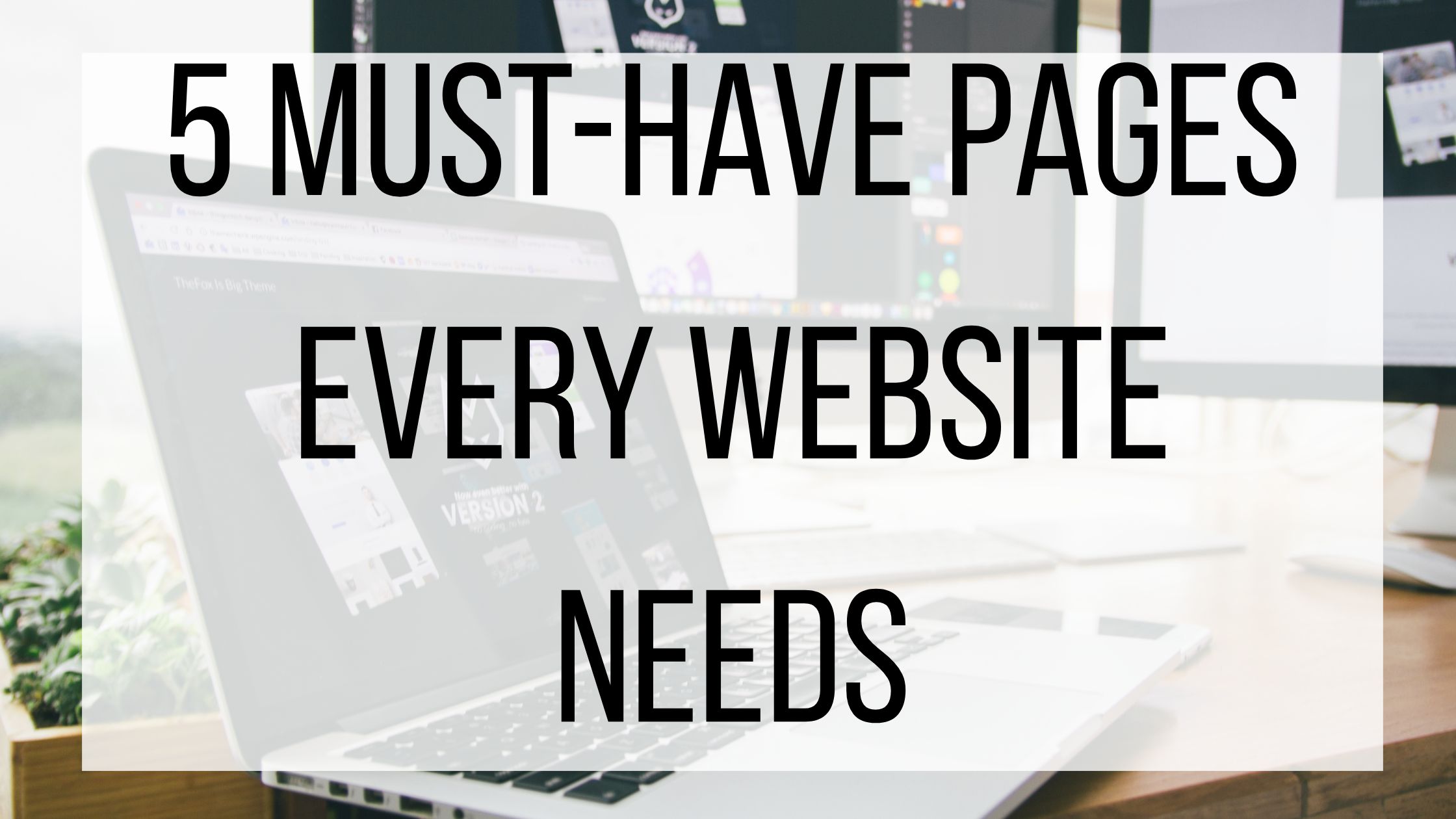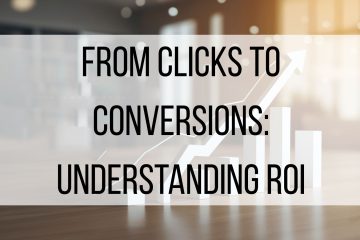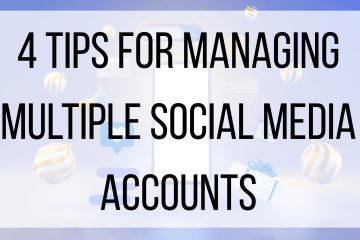5 Must-Have Pages Every Website Needs

If you’re planning to launch an online store, or looking to revamp your existing website to attract more visitors, you might be wondering where to begin. While every website should be tailored to fit the unique needs of its business and customers, there are certain core pages and features that are essential for all. Optimizing your website won’t bring instant success, but it can significantly improve conversions and encourage repeat customers.
Homepage:
This is an essential starting point. Your homepage sets the tone for your entire website and shapes the first impression visitors have of your brand. Ensure it’s clean, fast-loading, and provides a strong introduction to who you are. Use high-quality images and include a clear main menu that links to key pages on your site. Add a brief overview of your company-what you do, what makes you different, and how you can help your audience. This is your value proposition, and it helps visitors quickly understand the unique benefits you offer.
About Us:
Your About Us page is the perfect place to share your story and show customers what makes you unique. Use this space to explain who you are, why you do what you do, and how you’re the best solution to their needs. Add a personal touch by including your company’s history, how you got started, and a few fun or interesting facts. This helps humanize your brand and allows visitors to see you as real people, not just a logo.
Privacy Policy:
Developing a clear and comprehensive privacy policy is an excellent way to build trust and increase sales. Ensure the policy is easy to read and covers all the key points you want to communicate. Even if customers don’t read every detail, in today’s world of online fraud, knowing that you take their privacy and security seriously will give them confidence in your business.
Return/Refund Policy:
If your product allows returns, clearly stating your return policy upfront can prevent a lot of confusion and frustration for both you and your customers. Make sure the policy is fair and customer-friendly. While returns can be inconvenient, they’re sometimes necessary when a product doesn’t meet expectations. In most cases, a 30 day return window gives customers enough time to test the product and send it back if needed. If you don’t sell tangible products (for example, if you sell an online game), make your refund policy clear and easy to find.
Frequently Asked Questions:
Creating a dedicated Frequently Asked Questions (FAQ) page is an excellent way to save time for both your team and your customers. Instead of having customer service repeatedly answer the same inquiries, you can provide clear, accessible answers all in one place. This not only reduces support workload but also improves the customer experience and can help increase sales. A well-crafted FAQ page also supports your SEO efforts by naturally incorporating keywords customers often search for, improving your site’s search ranking. Be sure to keep your FAQs up to date and add new questions as they arise.
Ecommerce websites can be customized to fit your business’s unique needs, so consider what additional pages might benefit your customers. There are many ways to structure your site, so experiment to find the layout and content that work best, and remember to keep everything up to date. If you need some inspiration, take a look at BMT Micro’s website for ideas on how to get started!


